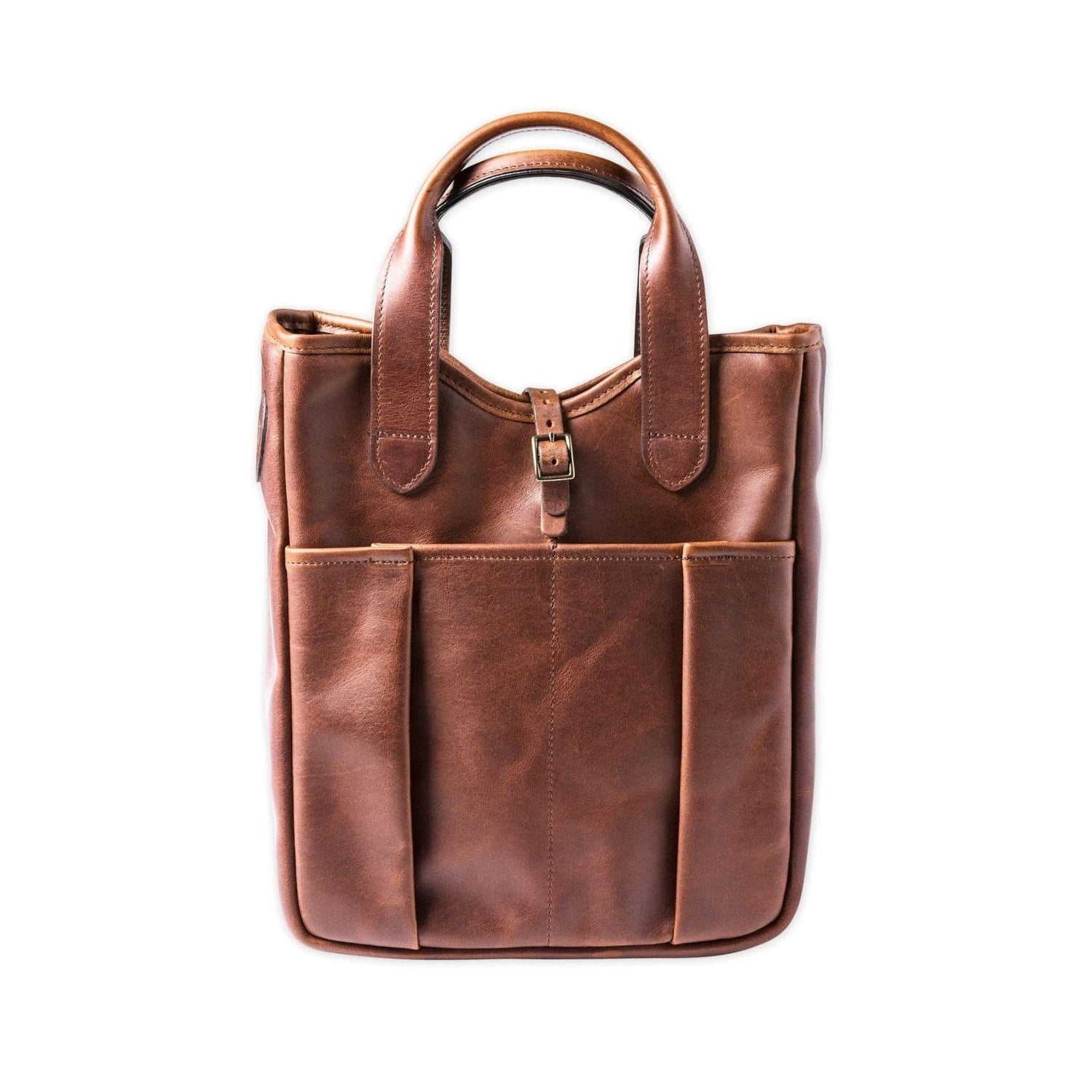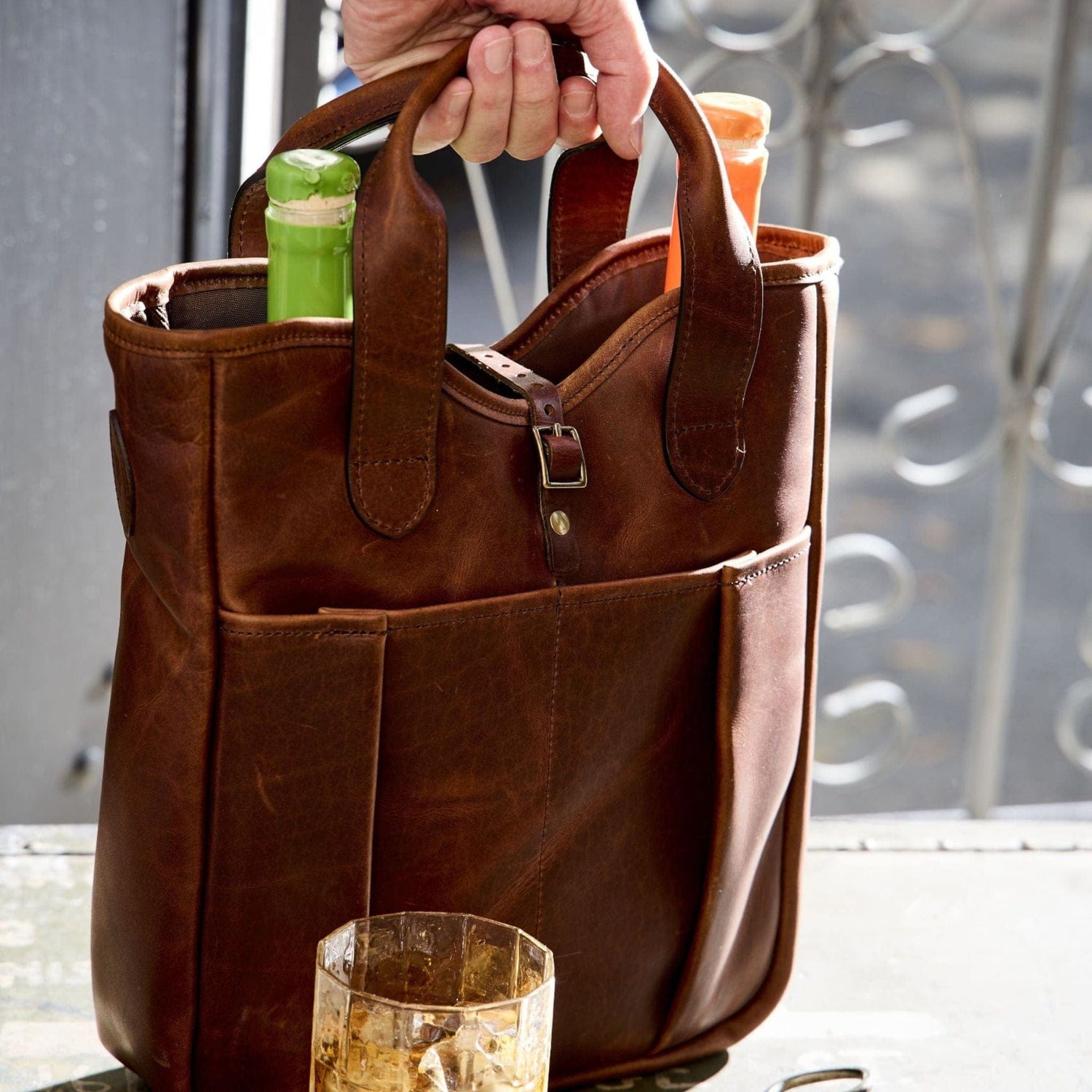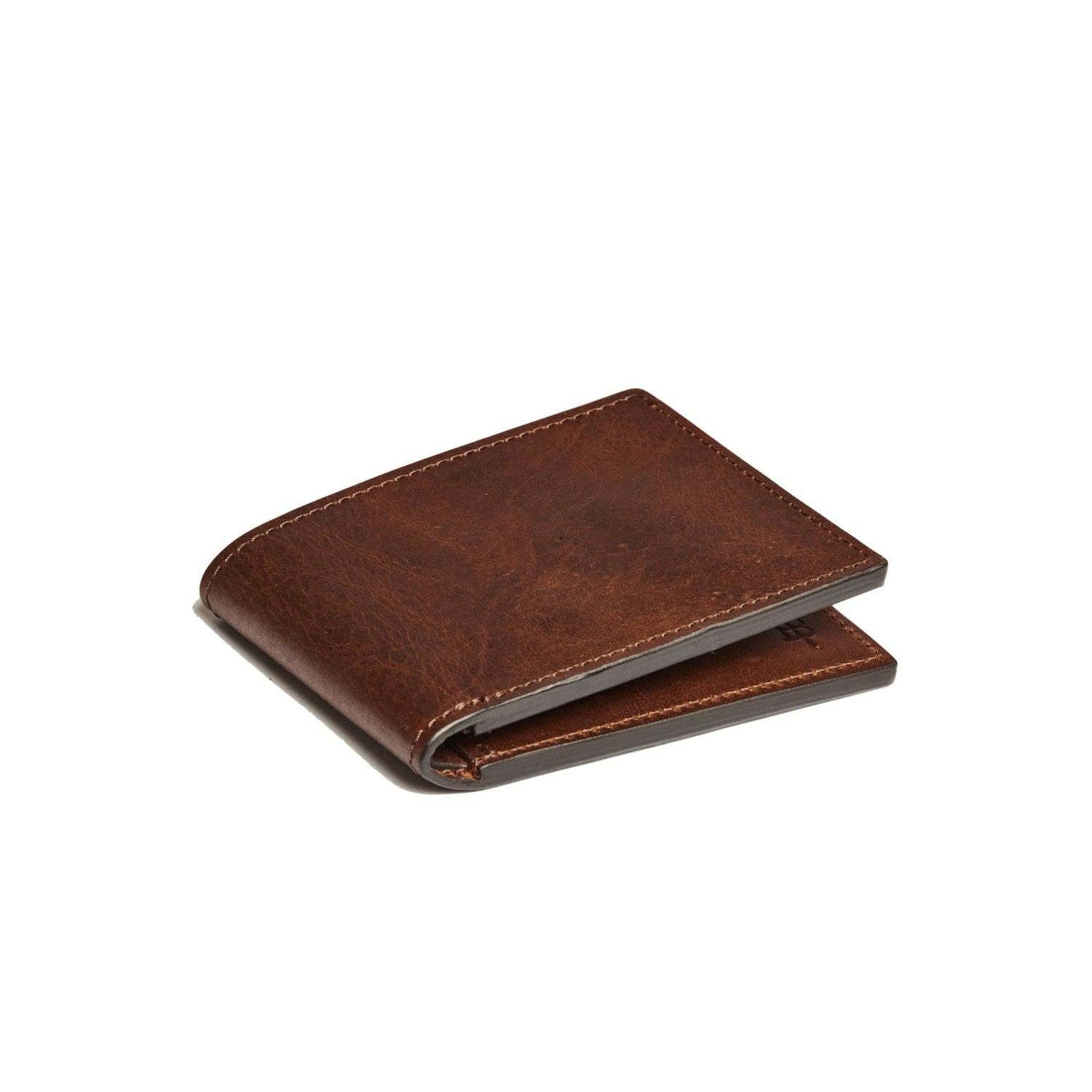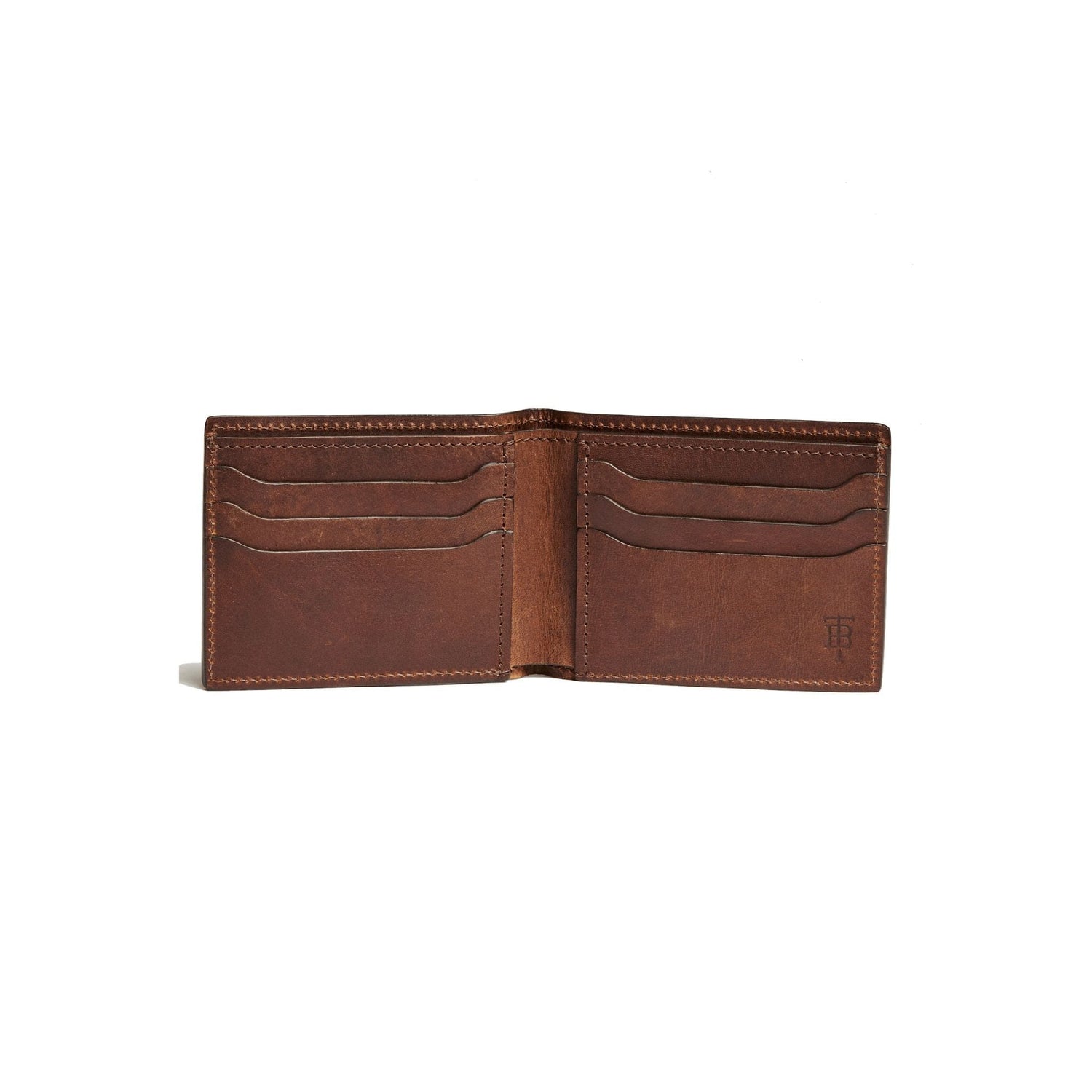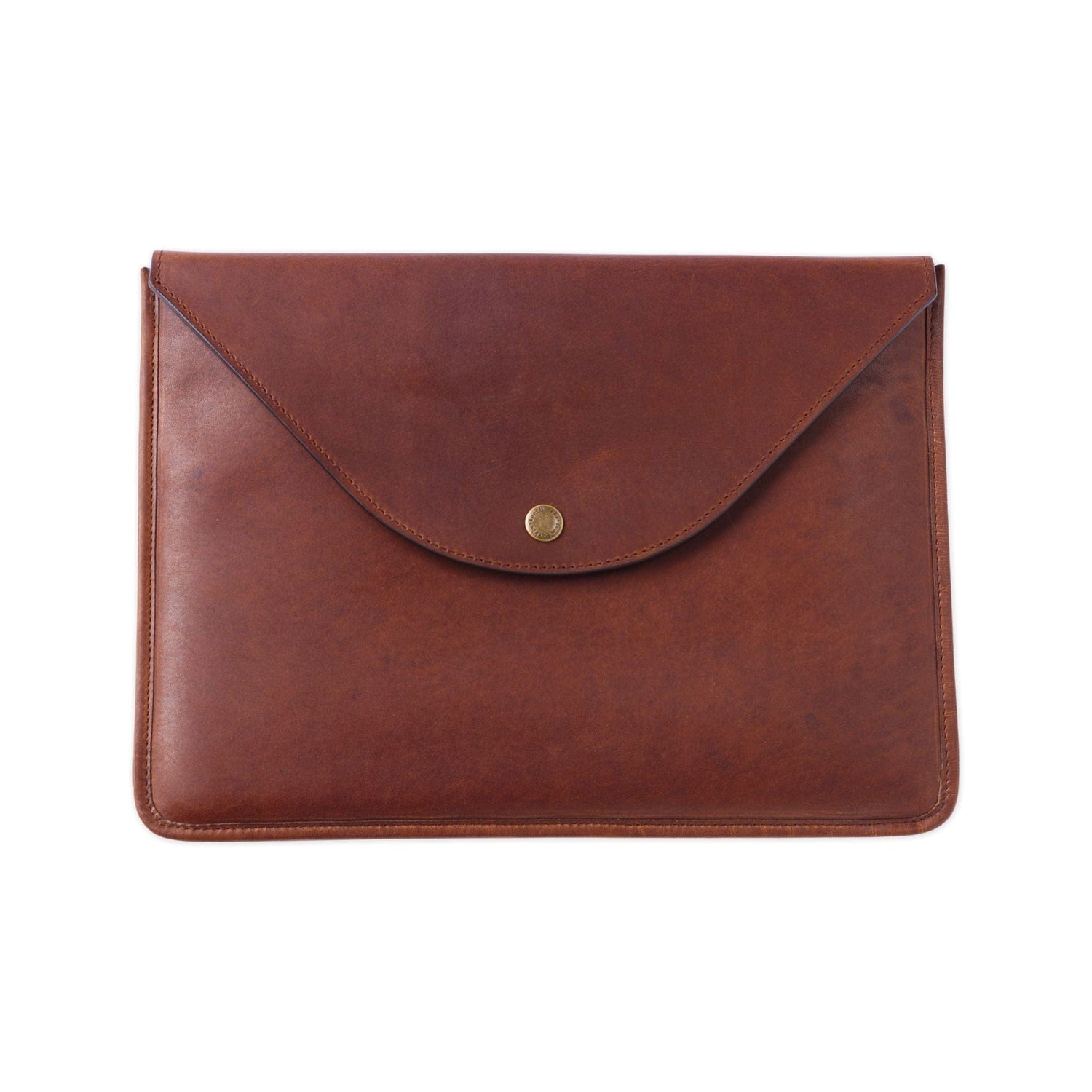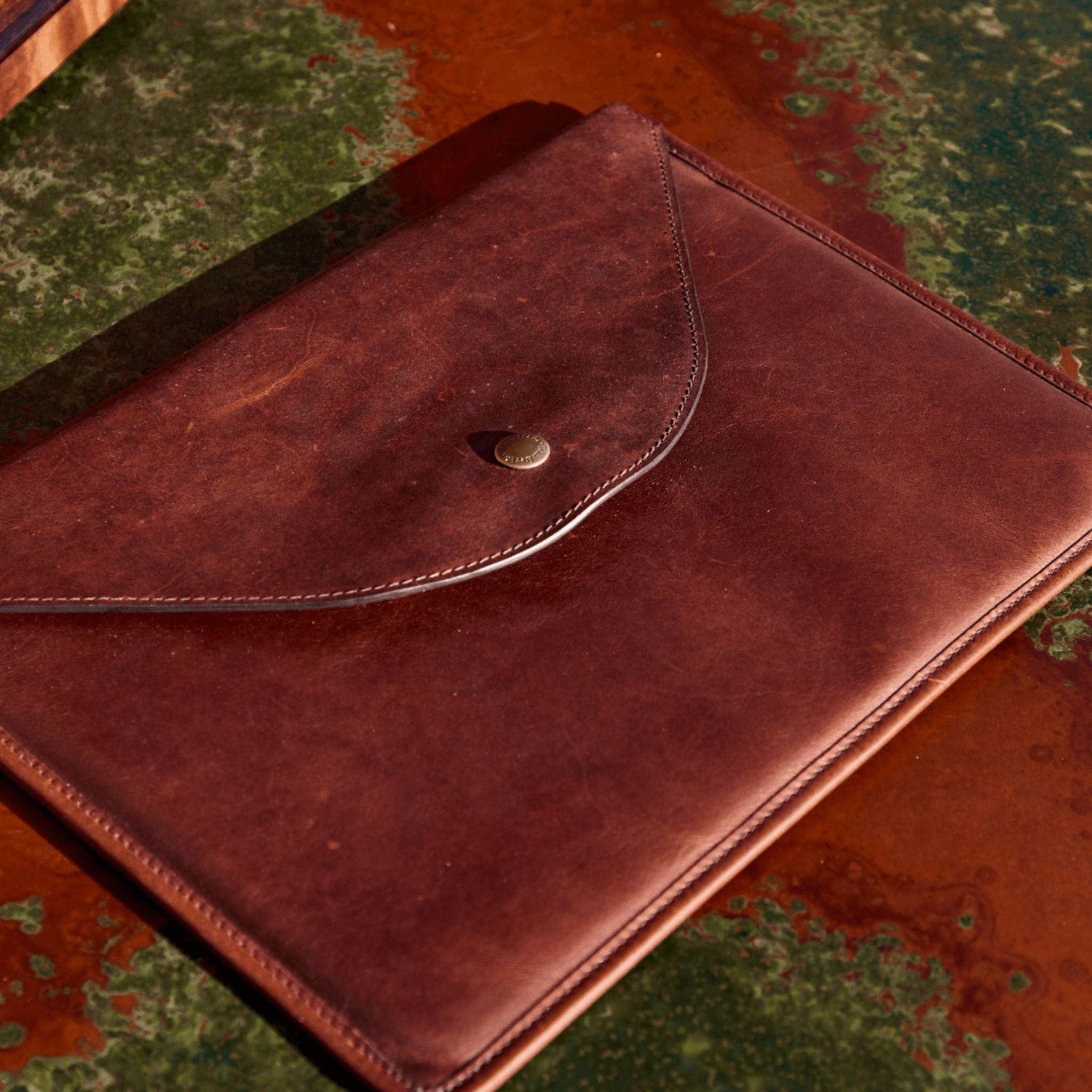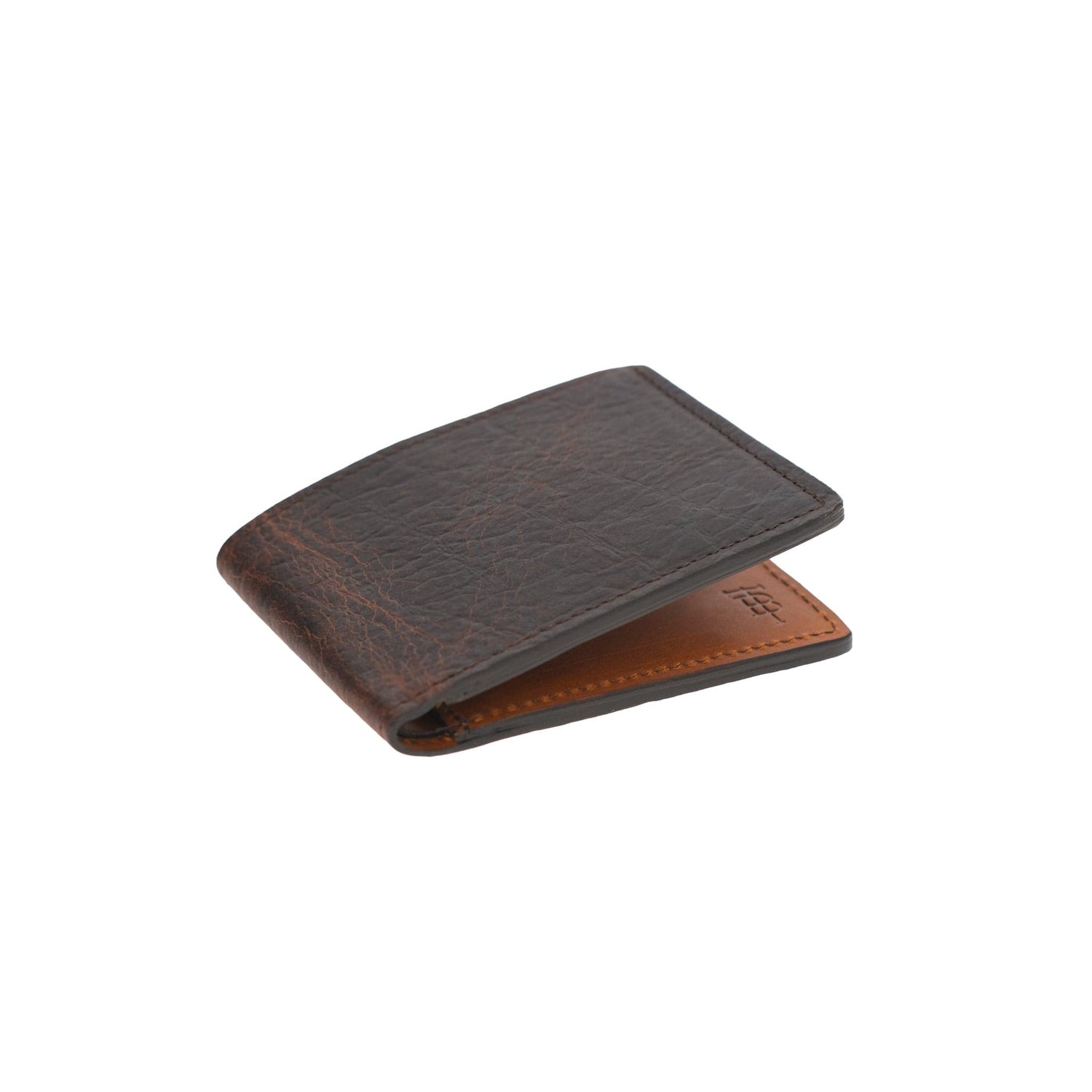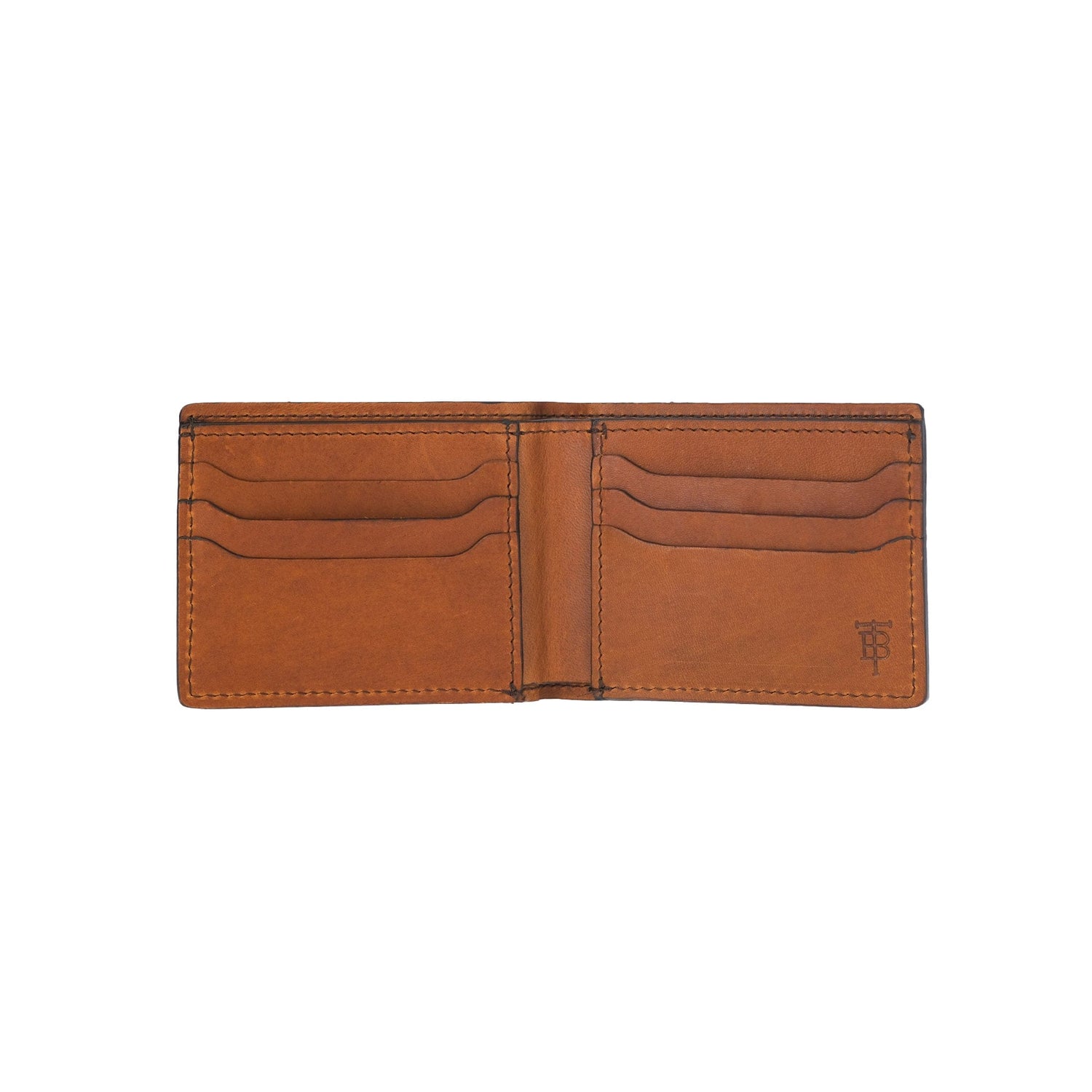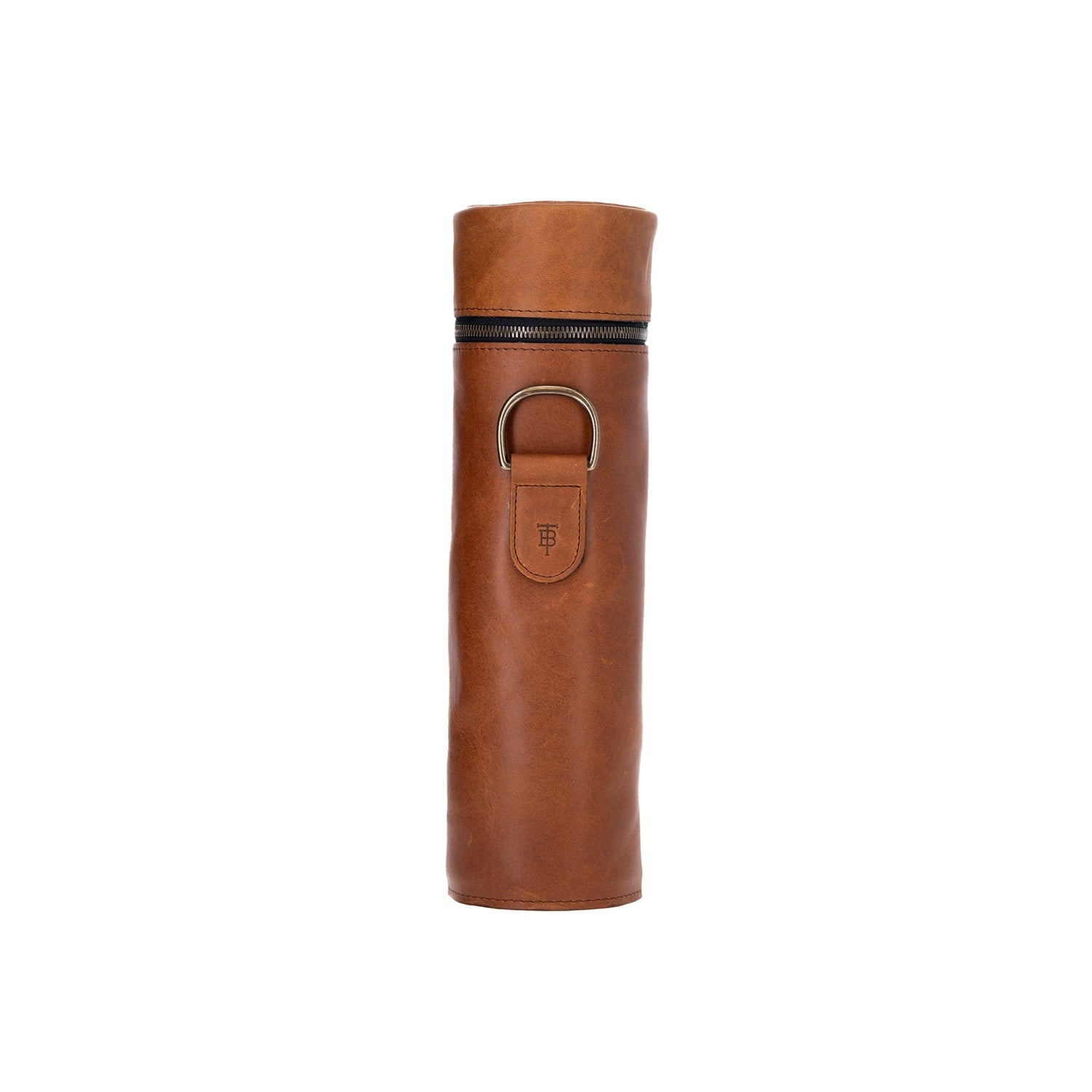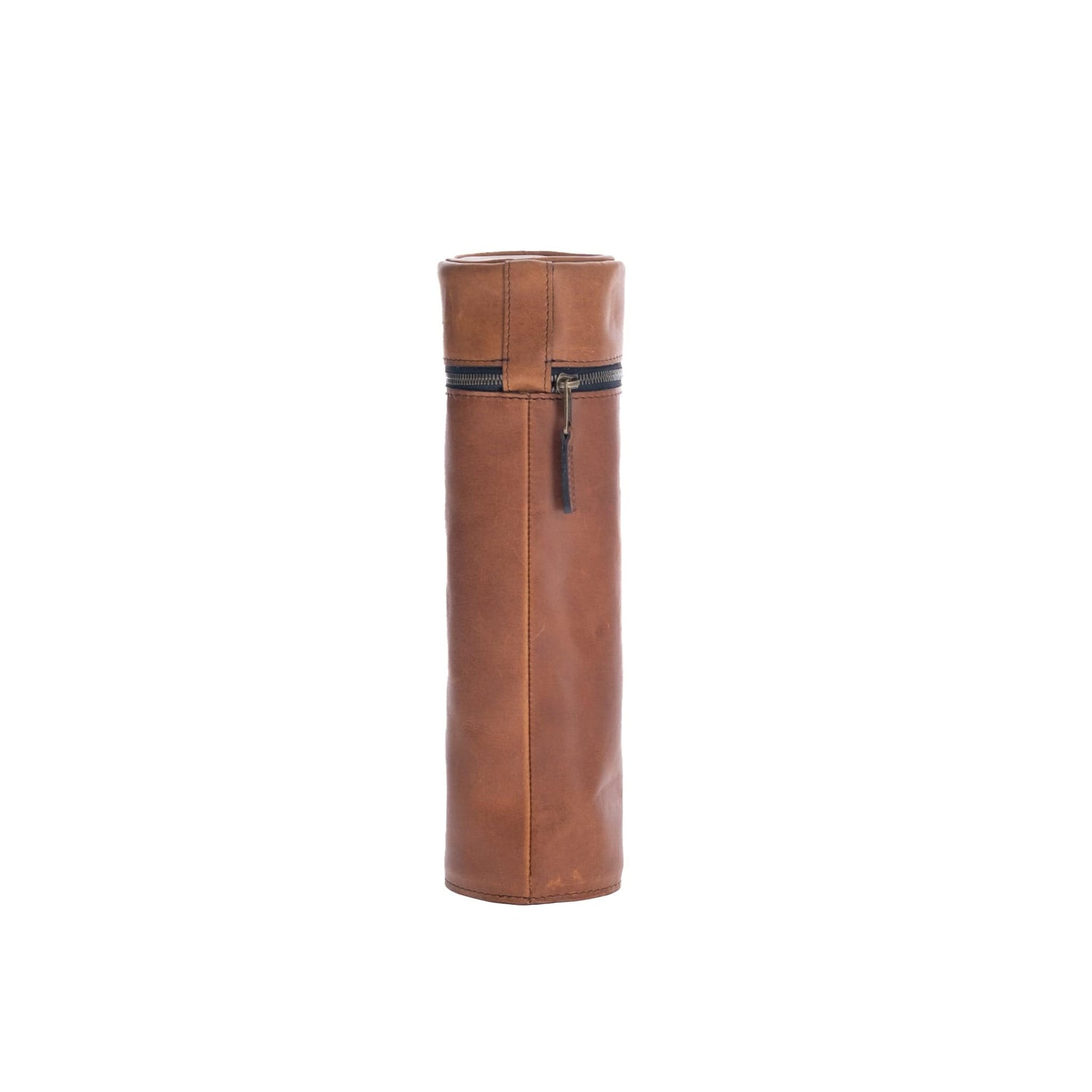I realized what I’d really been after once the watch was on my wrist.
There was the brushed and polished chrome, the face that changed shades with the light, seeming to mirror my mood, and other details I’d researched obsessively after the new year turned and I began looking ahead to the month when I would arrive at 40. The watch had a look to suit me at a meeting or on a trail, a depth rating to take a plunge, a shock resistance to take a punch — the idea was it could handle whatever might come. Most important was the mechanical movement certified by a Swiss body to chronometer-standard accuracy. I could see its balance wheel spinning, when I removed the watch, through the crystal on the caseback.
I remembered the elastic evenings I’d spent in my early thirties in a hotel lobby in northern Iraq, sitting with Warzer Jaff, the photographer with whom I covered the war with ISIS as a reporter, between the swells of adrenaline and fear that accompanied our trips into the fighting. These would be my final such assignments, I knew, as I wrung what remained of my youth into a last gamble to see if I’d make it to full adulthood. I had a wedding on the calendar and ideas about returning to America and starting a family. I’d never seen my way into that stage of life, though, and couldn’t even imagine it. So I’d sit with Jaff as we smoked his favorite Cubans — it was one of those impossible hotels of the region where other guests never complained about the smoke and waiters brought ash trays with our tea — and talk about what the other side looked like.
Jaff was well into his forties, married, with a bright young daughter, a place on Manhattan’s Upper West Side, and a Ford Mustang GT, one of those people who seemed impervious to age. He was also into watches. A watch was the only accessory a man could wear, he believed, so it was worth doing right. He’d scold me for the large, battery-powered Shinola I was wearing. On his own wrist he kept an Omega Seamaster. How much better, he’d say, to get a well-crafted timepiece from Switzerland, the heart of watch-making for generations, with an automatic movement that could run perpetually simply through the motion of living. Kick the battery, kid.
There were things Jaff told me about family life that helped me to start to fill in a picture: the funny little things he noticed his daughter saying as she grew her personality, how she’d greet familiar faces on their old-style city block as she came alive to her world, the deli with the wall of photos of neighborhood kids, many now grown. He said he liked living in his family’s relatively small quarters because it pushed them to pay more attention to each other. At night, I’d lie on my bed, log onto the hotel’s slow internet, and search for images to assist with the visualization exercise. Quaint brick houses in the sort of neighborhood in which my fiancée and I might settle. Used Toyota 4Runners, a version of the SUV local soldiers drove in the rugged Iraqi mountains. The breed of shepherd I hoped would accompany me on long highway drives. A new watch wasn’t on my list, though. I still liked the Shinola.
Not very long after, I drove my newborn son home from the hospital in an old white 4Runner, and my wife carried him into our quaint brick house, where he was greeted by the wet and hairy muzzle of a 60-pound French sheepdog. In those first months of his life, though, I did not feel the big-horizon optimism of open roads. Instead, the image I caught of myself one evening, in the plexiglass of a closed subway door, was of an unsmiling man in expensive business clothes swaying with a crowd of fellow travelers. It was a rush to get home before his bed-time on the days I hadn’t already planned to work too late. Even the space I made for family, I began to notice, didn’t feel like my own, my mind on my email as I pushed a baby swing.
The anxiety became hard to enunciate, too often taking the form of ranting to my exhausted wife. I felt trapped by what others considered routine. My wife, son, and I rushed off in different directions each morning, only to reunite briefly at night, if at all. Office windows didn’t open, days passed out of sight of the sky and sun, and the weather was replaced by climate control. It was hard to shake my memories of families in war-time passing long meals on their patios, dignified despite the circumstances, and the sense of my own more fortunate existence slipping away from me. I’m an outside dog being forced inside, I’d tell my wife, feeling bad for myself even as the shepherd slept contentedly in his corner. She was the one who suggested it, interrupting me one day as I rambled in the living room. We could move to southern Spain, where she’d studied before I knew her. I couldn’t visualize the region, but she gave me cues: snow-capped mountains, the sea, and people who moved to a rhythm of an older way of living.
The furniture went into storage. The 4Runner was sold. The house was rented out, and I don’t think we’ll return to that beautiful place that was the culmination of all my hotel dreaming. The dog, one terrifying journey later on his part and panicked ordeal at Spanish customs on mine, is still with me. I take him into the mountains near my house and consider what I’ve learned here. What my wife had been describing of the old life is a difference in priority. I see people working hard but more deliberate about how they do it, bending professional demands around essentials of family, health, and food in a way that can seem slower-paced because it’s uncompromising. The schedule is also fixed to nature, changing with the planet’s elliptical path around the sun. For me, this has been a refocusing that brings awareness back to the everyday. I’ve acquired a library of wonderful moments because of it, walking to school with my kids, cooking with them, putting my glass of wine on the counter to dance with them. But my mind also drifts, to loved ones aging across the ocean and questions of when and where my little ones should be allowed to put their roots down. A good traveler knows to gather the best of what he finds and bring it home.
I look onto the snowy peaks and imagine them stretching to the Alps, thinking about how I want my journey to be a continuous one. The watch I bought is different from Jaff’s iconic timepiece. It comes from a small manufacturer that blends style and specs with value, because I will pay for quality but am also conscious of what gets sacrificed with the task of earning money. He was right about the magic in the top-line automatic movement, and in the idea that the watch ticking on your wrist could run forever if you take good care of it. I’ve realized that this also makes it feel like something worth passing down. My son doesn’t show much interest in the kid version I got him, but my daughter — my baby at two, and perhaps my last — walks around wearing her purple unicorn watch. She calls it “my time,” one of those funny little things we’ve been noticing her saying. So I tell myself that maybe one day this will be hers.
As I have her on the changing table, watch on my wrist, its second hand turning so methodically around its circle, she reaches up for it. She’s grasping for my time, and I see that I am too.
Late at night, the house asleep, I hold the watch to my ear. The movement beats fast and frantic, jarring enough to wobble my legs — ticka-tac-ticka-tac-ticka-tac — but then powerfully calming. It is time I don’t deserve. My mind returns to Iraq, with a memory of myself about to lose my gamble. I recall how it felt to arrive at the edge of time: the sense of my time being cut short, stopped for all time, the falling of an infinitely thick wall, then emerging somehow on the other side of it. And then the impossible question of what to do with all that extra time, and, from a man who is not even a believer, the constant apologies to god for failing to appreciate it.
But time flows on, a threat as well as a gift that only I can give myself.
About the Author
Mike Giglio is a journalist who has covered war overseas and political violence at home. He's also the author of Shatter the Nations: ISIS and the War for the Caliphate.







